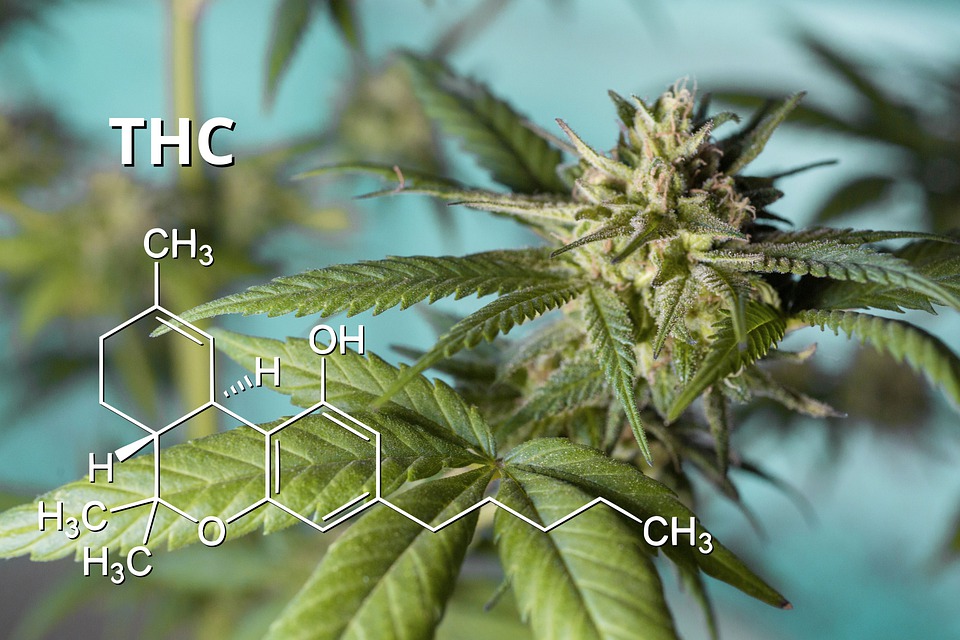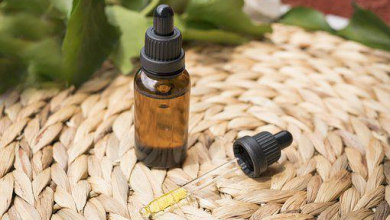Is It Legal For Federal Employees To Consume THC Products?

THC has long been lauded for its sedative effects. However, as HR experts traverse the numerous state laws and court cases involving the disputed substance to build drug-testing policy and protocols, it negatively impacts. Possession of cannabis and use is still unlawful under federal laws. On the other hand, state regulations are rapidly evolving, with some limiting a company’s authority to fire a worker for failed drug tests. Employers have been accused of discrimination in recent court cases for taking action against employees who fail marijuana testing. Employees who claim their off-duty usage of THCA for medical purposes resulted in their wrongful dismissal find more support in the courts.
Table of Contents
What is THC?
THC, or tetrahydrocannabinol, is a component in marijuana that causes the majority of its psychological impacts. According to the National Institute on Drug Abuse, it works like the body’s endogenous cannabinoid compounds. Cannabinoid receptors are abundant in parts of the brain involved in reasoning, memory, happiness, coordination, and sense of time. THC binds to these receptors and stimulates them, affecting an individual’s memory, emotions, body movement, focus, coordination, and sensory and time perception. It is one of several chemicals identified in the resin released by marijuana plant cells. The reproductive systems of the plant have more of these cells than any other part of the plant.
According to NIDA, THC causes dopamine release in brain cells, resulting in bliss. It also affects how data is absorbed in the hippocampus, which is involved in creating new experiences in the brain. THC can generate hallucinations, altered cognition, and delusions. The effects last roughly two hours on average and begin 10 to 30 minutes after administration. However, a psychomotor impairment may persist after the observed high has passed.
The Legality of THC for Aspiring Federal Workers
Marijuana tests differ from alcohol tests, which causes issues for HR. There’s no clarity on how much THC—the drug’s psychoactive chemical required to cause impairment. “Impairment” is more clearly delineated when it comes to alcohol. For workers’ invocations like driving trucks or forklifts, a blood alcohol measurement of .04% is considered a violation. Private enterprises, according to Sample, often use a range of .02 to.04%.
Alcohol burns at a rate of one drink per hour, while the equivalent rate for marijuana fluctuates significantly depending on whether the individual is a laid-back smoker or a heavy user. Those in the latter category may give positive results for up to a month after using the substance.
The current guidelines from the Office of Personnel Management (OPM) detail the process for deciding if federal applicants who use or have marijuana are appropriate for federal jobs:
- Illegal use of opiates, drugs, or other psychoactive substances without proof of significant rehabilitation; and
- Unlawful or fraudulent conduct
These are factors that authorities should consider. According to the OPM, the presence of either of these indicators should not necessarily preclude an application from consideration. Instead, agencies assess each individual’s behavior in a case-by-case manner to see if their actions will jeopardize the federal government’s dignity and effectiveness.
The following are a few factors that authorities must consider:
- The type and severity of the applicant’s behavior;
- Relevant contexts surrounding the individual’s conduct;
- Sociocultural factors that play a role;
- The presence or absence of rehabilitation; the timing of the behavior; and
- The age of the candidate at the time of the conduct.
Furthermore, the Federal OPM stated that past marijuana usage, including marijuana use that has recently ceased, should be given special treatment than current or ongoing marijuana usage. This case-by-case examination applies to both new applicants and current federal government workers.
Employees in the federal government should also be aware that their agency or corporate regulations may continue to prohibit drug use. One may enact new drug regulations in the coming year, but until they become agency rules, all federal employees should continue saying no, whether they’re given a toke or an edible.
The Legality of THC for a Current Federal Worker
One has to go through the recruiting process and be employed by the federal government for a couple of years. Is it now legal for you to consume THC? Regrettably, the answer remains no. The Office of Personnel Management (OPM) underlined that all federal employees are subject to Executive Order 12564, Drug-Free Federal Workplace, which prohibits the use of illegal substances on or off the job. Employees suffering from substance abuse problems must seek therapy and treatment.
Who is Considered to be a Federal Employee?
According to the Office of Personnel Management, the federal government employed at least 4.4 million people in 2017. Federal employment includes any position within one of the three branches of government: the judicial branch, the legislative branch, or the executive branch. Military personnel, postal workers, the Department of Transportation, the Department of Labor, politicians and legislative personnel, and the FBI are all examples of federal employees.
Risks of Consuming THC
Marijuana’s properties make it a preferred drug. It is, in fact, one of the most widely used illegal substances on the planet. However, mental health advocates are concerned about these consequences. THC can cause schizophrenia symptoms to resurface. Impaired motor skills are another potential side effect of THC consumption.
THC use can lead to short-term and long-term issues in youngsters. THC has several side effects, including reduced IQ, memory, and cognitive processing, particularly in younger people. On the other hand, long-term effects are still unknown due to a lack of research. There is some suggestion that it may harm men’s and women’s fertility and damage the user’s airways, but the research is still inconclusive. Teens can be harmed by THC usage while they are young, according to a 2016 study. Smokers who begin smoking around 14 perform worse on several cognitive assessments than non-smokers. Marijuana users also have a greater school dropout rate, according to a survey of nearly 300 students.
Conclusion
Because there is no FDA regulation of THC-based products, they can be incorrectly labeled and contain higher concentrations of the intoxicating chemical, showing up in drug tests. Because of the FDA’s lack of regulation, federal employees and those with security certifications who fail the test for THC compounds will be penalized, even if they thought they were consuming CBD. A shift in public opinion regarding THC—even on what to call it—has resulted in a slew of regulatory and legislative ideas that might significantly influence employers and employees in the coming year. However, whether you work for the federal government or in the national defense industry, keep in mind that “just say no” remains the law of the land.





